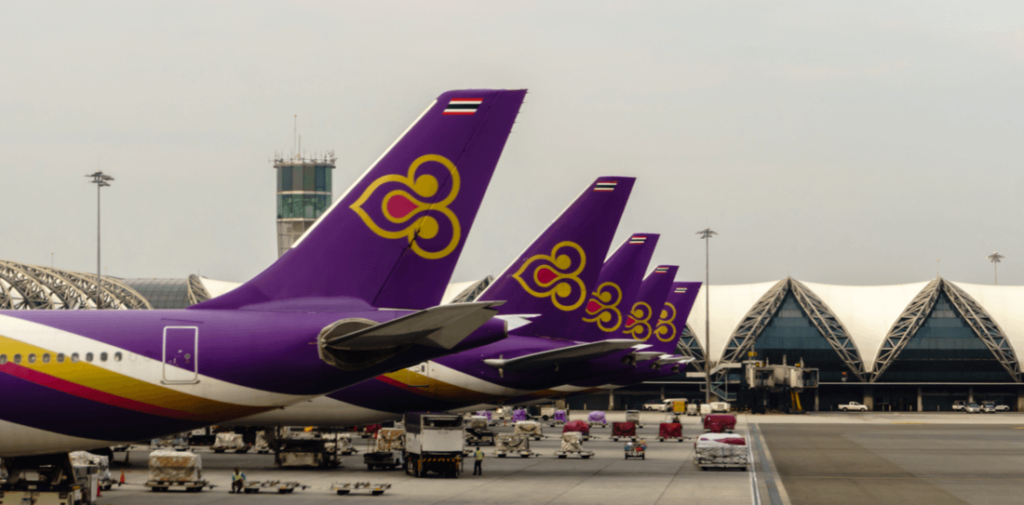Alarming statements made by Thai Airways president Sumeth Damrongchentham to his employees had led many to believe the company was threatened by bankruptcy. The national carrier of Thailand issued a statement in which it claims the comments were intended to warn employees about the industry’s competitive environment.
On October 22, 2019, Sumeth was reported saying that if his employees did not participate in rehabilitation efforts, the airline would close down. “There is still time for a solution, but there is not much time,” Sumeth’s statement in a letter to Thai Airways executives was reported by the Bangkok Post. This statement came along with the announcement of a plan to reduce executives’ salaries, as well as to apply a “zero stock” policy for its catering service, with an objective to reduce costs by 20%.
The following day, the company clarified his remarks in an official statement, by stating that the president messages were “misconstrued” and were only aimed at raising “employee awareness of the highly competitive state of the airline industry”. As for the risk of collapsing, Thai denied claims made by the media and assured its “capability to perform exceptionally amidst tough airline competition”.
Thai Airways, part of Star Alliance, recorded a net loss of $212 million, with the cumulative loss reaching $9.2 billion in the first half of 2019. The financial struggle was explained as the result of competition with low-cost carriers that took over Thai’s leadership on several northern routes that previously accounted for a third of its revenue, but also the exchange rate of the local currency, the baht.
Thai Airways is expected to present a new restructuring plan to the Ministry of Transport in November 2019. It should include a reorganization of the flight schedule. The carrier denied press reports that routes towards Laos, Cambodia, Vietnam, and Myanmar would be abandoned. Instead, they should be transferred to its low-cost subsidiary Thai Smile.

